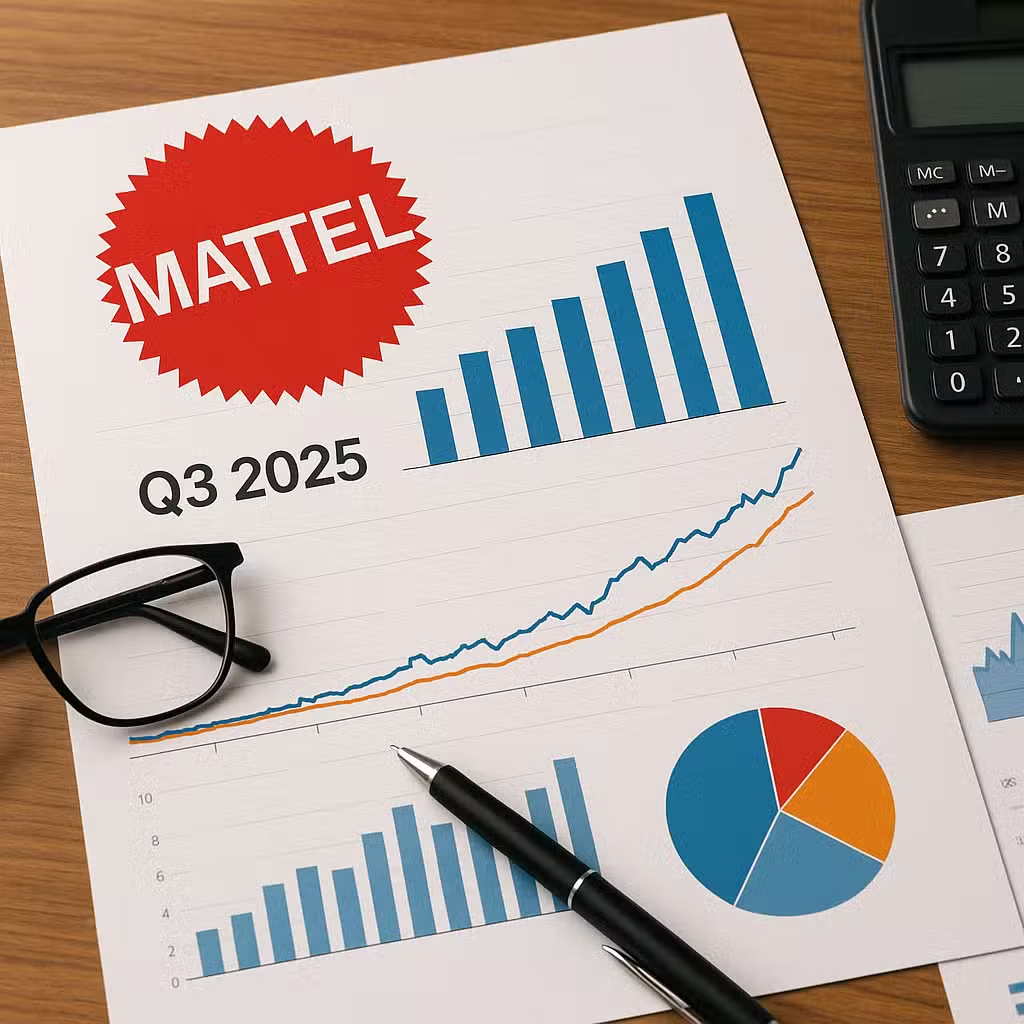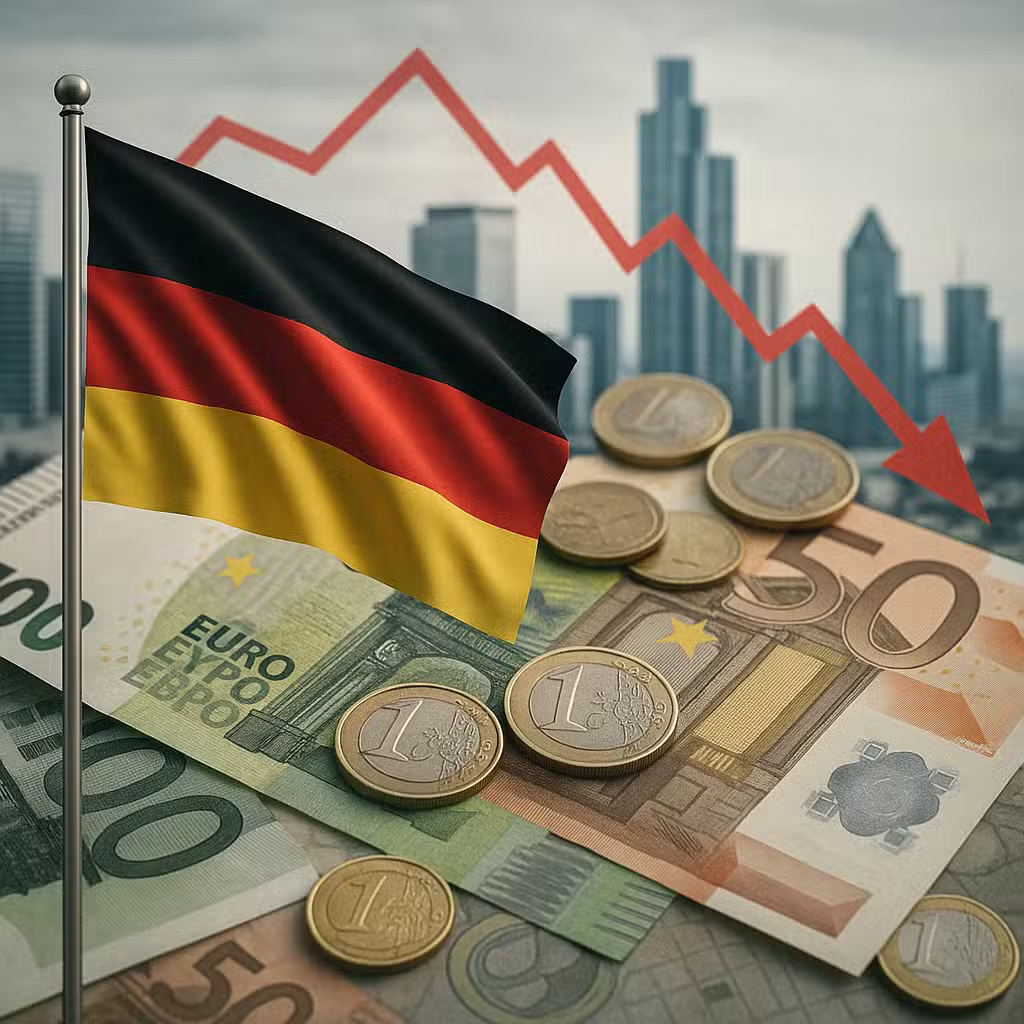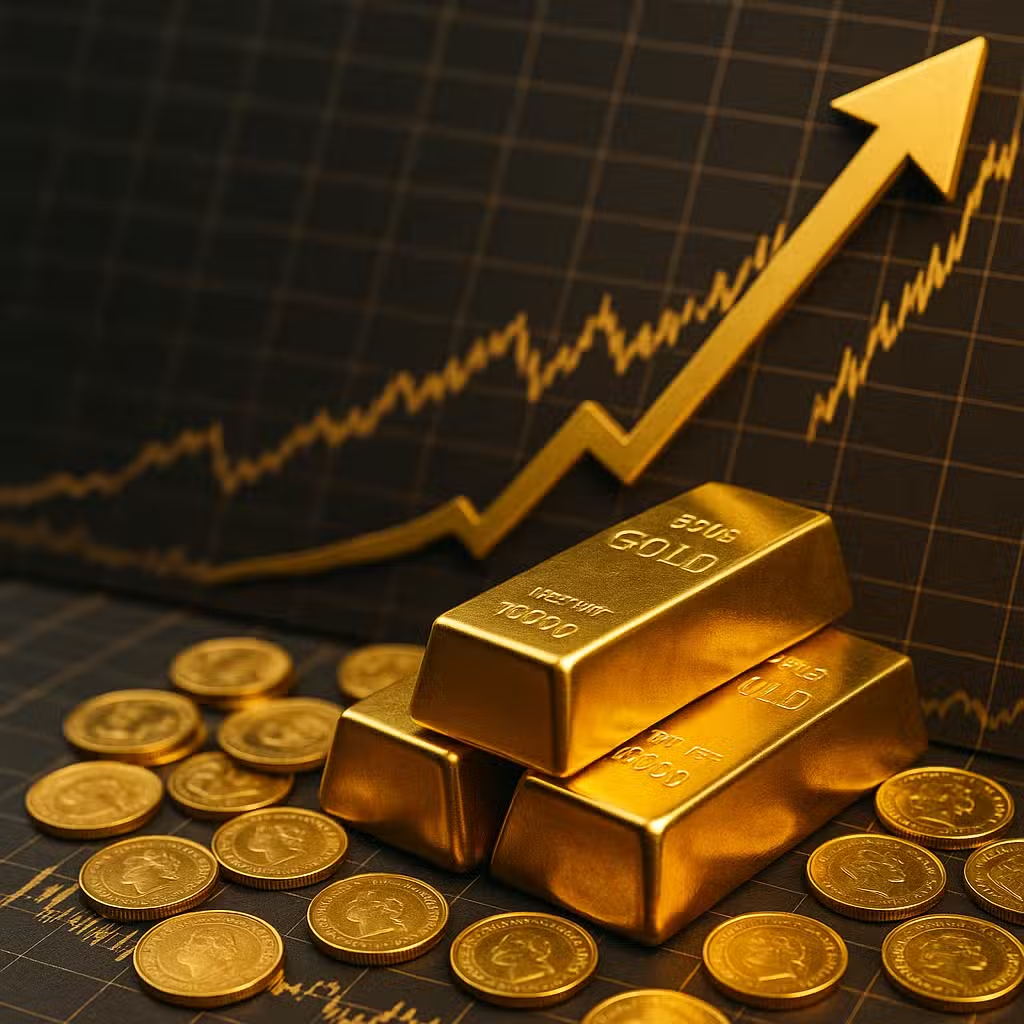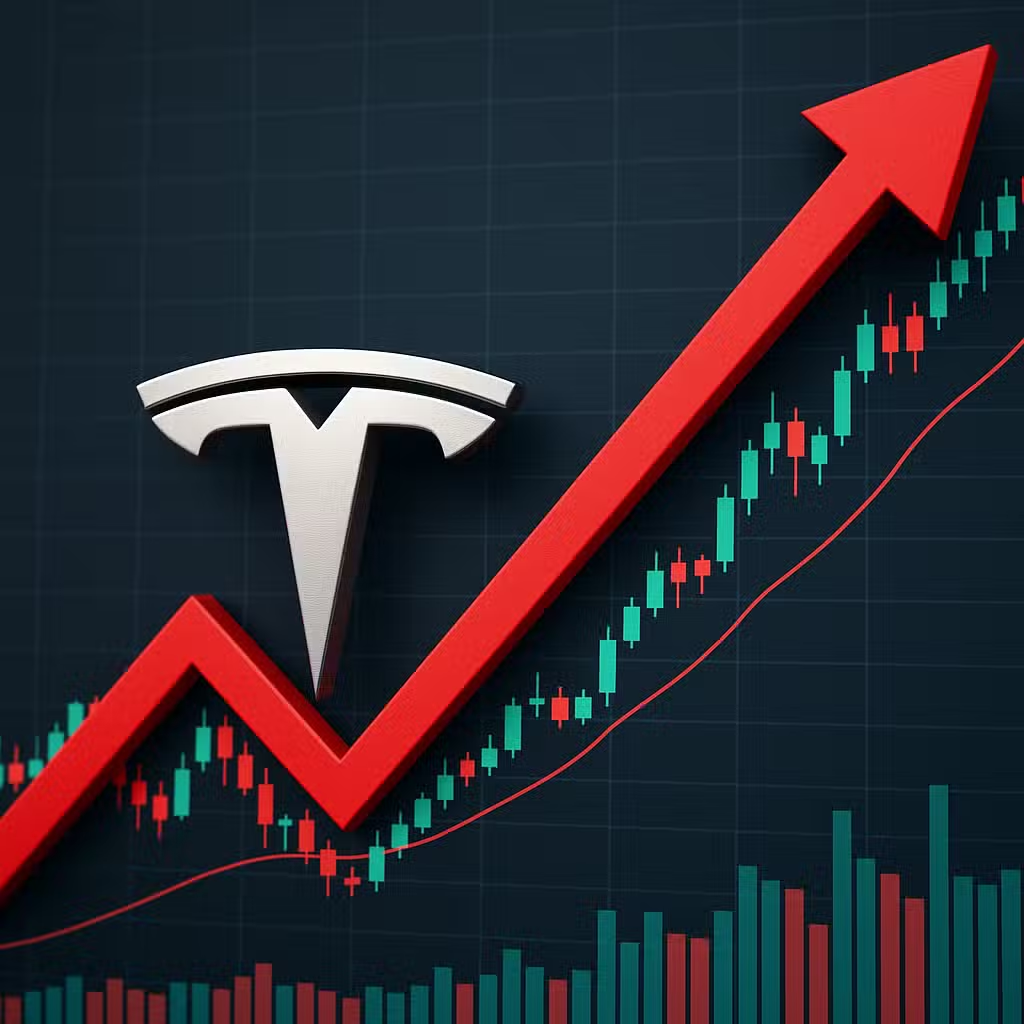China’s Golden Week: Strong Tourism and Retail Activity Signal Potential GDP Growth for Investors
Imagine you’re running a lemonade stand, but fewer people are buying your lemonade because they just lost their jobs or are worried about spending money. That’s what’s happening in China’s economy right now, and it matters for investors around the world.
What’s Going On in China?
China’s unemployment rate went up a little, from 5.2% in July to 5.3% in August. But for young people, it’s much worse—almost 19% of people aged 16 to 24 don’t have jobs. That’s like nearly 1 in 5 young workers looking for work and not finding any.
This makes people less likely to buy things, which hurts stores and businesses. In August, retail sales only grew by 3.4% compared to last year. That’s slower than earlier in the summer, and way below China’s usual pace. When people are nervous about the future, they spend less, and that can slow the whole country’s growth.
For investors, this is important because China is a huge part of the world economy. If its growth slows, it can affect everything from tech stocks to the price of raw materials like copper and oil.
Bulls vs. Bears: The Two Sides
- Bulls: Some experts think China’s government will step in to help the economy by lowering interest rates or giving out money to encourage people to spend. This could help stocks go higher, especially in technology and consumer sectors.
- Bears: Others worry that if the government doesn’t do enough, or if people stay worried about jobs and housing, China could miss its goal of growing the economy by 5% this year. That would be bad news for investors who are counting on China’s rebound.
For example, Goldman Sachs says there’s a good chance China’s central bank will cut interest rates to try to boost spending. But some experts warn that if the economy looks “good enough,” leaders might not feel the need to help more.
What Is the Government Doing?
China’s leaders have promised to support the economy. They’re talking about new ways to help people buy things, like offering subsidies for smart devices and technology. They also plan to keep a close eye on the economy so they can react quickly if things get worse.
But there’s still a lot of uncertainty. The government says there are big risks ahead, especially because the rest of the world economy is also rocky. According to the IMF, China’s share of global GDP growth has shrunk from 40% in 2019 to under 35% in 2023, showing how important its recovery is for everyone.
China’s Stock Markets: Boom or Bust?
Despite the worries, China’s stock markets have done well so far this year. The CSI 300, which tracks large companies, is up almost 18%. The Shanghai Composite Index is up nearly 16% and at its highest in a decade. Technology stocks in Hong Kong have jumped almost 49% year-to-date.
But there’s a catch: these gains could disappear if the economy keeps slowing and the government doesn’t step in with new support. Investors are watching the upcoming “Golden Week” holiday—if people spend a lot, it’s a good sign. If not, stocks might tumble.
- Upside: If the government launches more stimulus and shoppers come back strong, stocks could keep rising. There’s still room to grow since prices haven’t hit their all-time highs yet.
- Downside: If people don’t spend and the government holds back, the rally could reverse. That would hurt not just China, but global markets too.
Historically, when China has launched big stimulus plans, global markets have often followed with gains. For example, after the 2008 financial crisis, China’s huge spending plan helped the world recover faster (Brookings Institution).
Investor Takeaway
- Keep an eye on China’s job numbers and consumer spending—they’re key signals for the country’s health.
- If you own stocks in sectors like technology, consumer goods, or materials, know these are most sensitive to China’s ups and downs.
- Watch for announcements about government stimulus; these can move markets fast.
- Diversify your investments so you’re not too dependent on one country or sector.
- Remember, China’s actions can ripple through global portfolios, so stay informed and nimble.
For the full original report, see FX Empire







